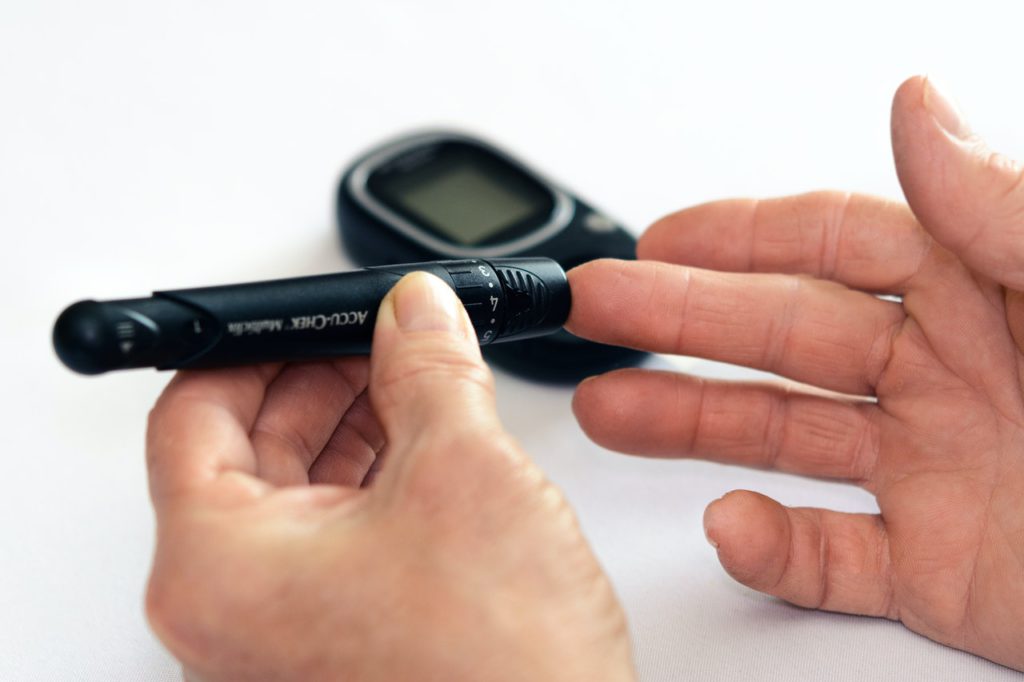Hashimoto’s disease, also known as chronic lymphocytic thyroiditis, is a condition that affects the immune system, prompting it to attack the thyroid gland. As the disease ensues, enough damage can be done to the thyroid gland, thereby taking away its capacity to produce the necessary hormones. Without proper hormones, your body will enter into a state of hypothyroidism, which pertains to an underactive thyroid gland.
If you’re someone suffering from the Hashimoto disease, bear in mind that food directly impacts your health. You need to adopt a healthy diet, as this supports your immune system. With enough aid, you can prevent your system from going into overdrive, which is usually responsible for the destruction of the thyroid gland.
Eating healthy also allows you to better care for your health, as it not only helps reduce the Hashimoto’s symptoms but keeps your weight in check and more. To help you win your battle against the disease, here are the two most important things to consider:
Balance your blood sugar levels

If you’re suffering from Hashimoto’s disease, you’re likely dealing with blood sugar imbalance. This is likely due to an overload on carbohydrates, which is responsible for your glucose and energy levels. However, most doctors postulate that while protein, micronutrients, and fats are a requirement for survival, your body can survive without carbohydrates. Good fat is necessary for normal cell function, but little to no carbohydrates will help your body function even better.
Too many carbohydrates, especially with the Hashimoto disease, can exacerbate your condition. You may end up suffering from anxiety, hair loss, weight gain, fatigue, and even thyroid antibodies. This makes limiting your carb intake paramount to your recovery, so stick to a diet of natural carbohydrates like berries and sweet potatoes—make sure to eliminate all processed carbohydrates!
Increase your good fat intake

The idea of consuming fat may still prompt you to hesitate, but understand that good fat is necessary to help your body gain enough energy-rich macronutrients. Consuming fat remains to be shrouded by misconceptions, but once you get past the hesitation, you’ll be enjoying better brain function, shinier hair, healthier skin, and even a heavily supported cell membrane formation.
The question now stands—where do you get good fats? It can be found in olive oil, fish, avocados, and even coconut oil. The key is to avoid trans fats, which are the bad sources found in baked and fried food, cereals, and even packaged snacks. In essence, these bad fats are mostly present in processed food. Once you get rid of these from your diet, you will have eliminated most forms of trans fats.
The Bottom Line
Dealing with Hashimoto’s disease can be daunting, especially because of the repercussions it entails. You need the expert care of a doctor, who will then prescribe you the right medication to manage your symptoms. There is a way to gain control over your disease, however, and that is following a good diet. Eliminate your intake of processed food and opt for high fats, including protein, fibre, and other whole foods. By doing so, you provide your body with a fighting chance to keep your thyroid healthy.
To help aid in your Hashimoto disease recovery, Health Optimizing Langley is the place to go. We offer you state of the art technology in Surrey, BC, where you can measure your cell activity and inflammation responses. As a specialty center, we’ll provide you with the right tools to help you reach your health goals. Book an appointment with us today.



